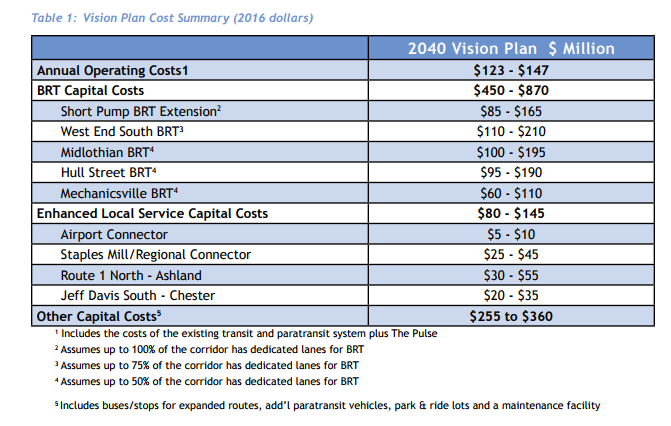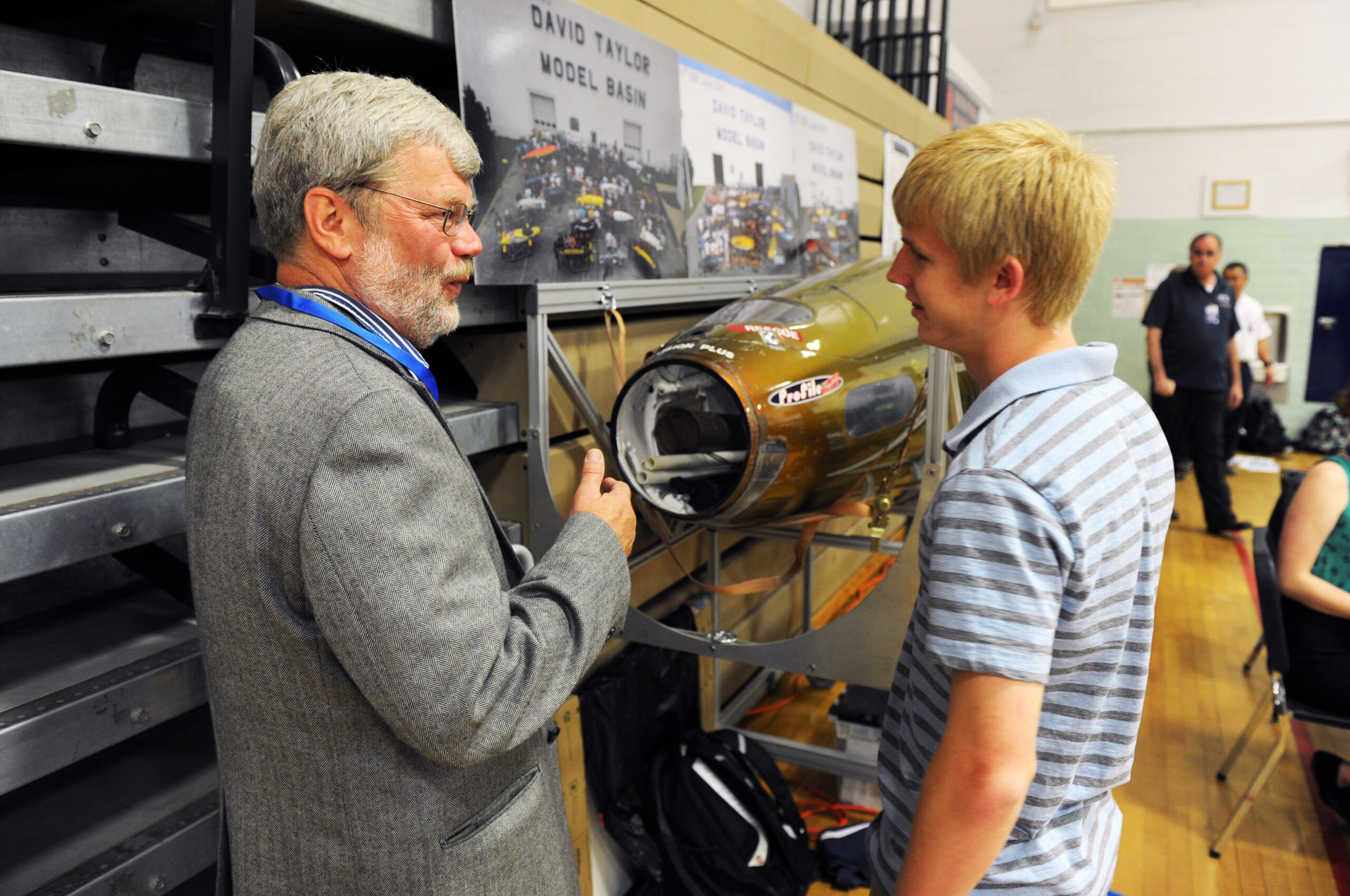Anyone who knows even a little bit about Henrico County, an affluent suburb of the City of Richmond for those who are not from Virginia, knows the answer to the article’s title.
A clear and resounding “No!” is the answer.
This observation is backed up by sheer demographics — not to mention the vast majority of county residents who live in single family detached housing whose recent electoral results in 2015 sent a clear message to local Henrico Democrats who advocated for and nominated a vocal advocate for rail only to see him get walloped by a 60-40 margin.
Yet despite local voters showing where they stand on the issue such as increased public housing and public transit, the electoral results still have not stopped the special interests from dreaming and scheming.
Take for example this report put together by the innocuously named “RVA Transit Vision” (which is made up of such neutral “civic” organizations such as Virginians for High Speed Rail). The group advocates spending to spend a minimum of $250 million on the low end to build a “bus rapid transit” system across the Richmond metro, and the quarter of a billion dollars is just the low estimate of start up costs, it would require another $123 million a year to maintain the system.
The City of Richmond, led by Democratic Mayor Levar Stoney, has already bought into this “vision” for the future and is spending $53.8 million on BRT line down Broad Street.
The basic math is frightening, with the government is spending $7.08 million a mile to bring more buses to Richmond. An expansion to Short Pump it would cost Henrico between $85 million to $165 million a year.
The only way any of this comes anywhere close to making any economic sense would be to subsidize the new mass transit lines by dramatically increasing the density of housing in Henrico — which translates into a massive cash sink into public housing.
This brings us back to those pesky little folks (sic) known as voters. Almost no voter — the vast majority of whom actually own homes — would ever knowingly vote for anything close to this crazy plan. Doing so would be a simultaneous double whammy of decreasing your own home’s property values while dramatically ramping up property taxes to pay for the overpriced bus line.
This explains why the special interests pushing the idea of BRT expansion are not exactly going public with their agenda.
Take the special election for Brookland Supervisor in Henrico this year as an example. The Richmond Association of Realtors, vocally in favor of both BRT expansion and more public housing subsidies, endorsed Democrat Courtney Lynch as their preferred candidate for Brookland.
Was there a public survey that both candidates could fill out? No.
Was there a backroom meeting where both candidates were asked to indicate their support for an expanded BRT and increased public housing subsidies? Sources explain to The Republican Standard the answer is Yes.
Bob Witte, Republican nominee for the Brookland District, turned down the special interest shakedown for what it was — a massive cash sink. For protecting the Henrico taxpayer against this bureaucratic-fueled smash and grab, his opponent nabbed the endorsement — not to mention, the insider money that comes for those supporting the BRT.
Curiously, while several sources have corroborated both the interview process and its contents, both Courtney Lynch’s campaign site and the Richmond Association of Realtor’s site both fail to mention their position on either expanding BRT or increased public housing.
…yet the facts remain plain. To get certain endorsements, you have to make certain commitments — not in the light of day, but behind closed doors. One candidate refused to play the game; Courtney Lynch instead decided to play with house money — your money — in order to purchase a better shot at public office.
Luckily for the voters, these issues are coming to light now before a shock tax increase can be forced onto Henrico by a special interest Manchurian candidate.







